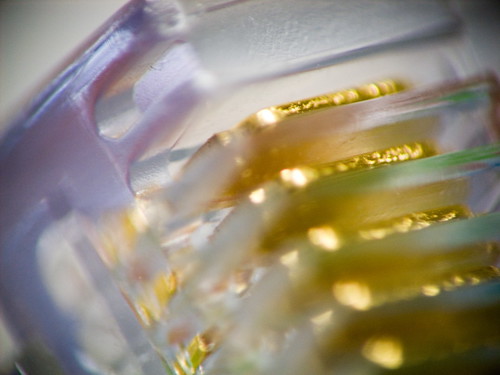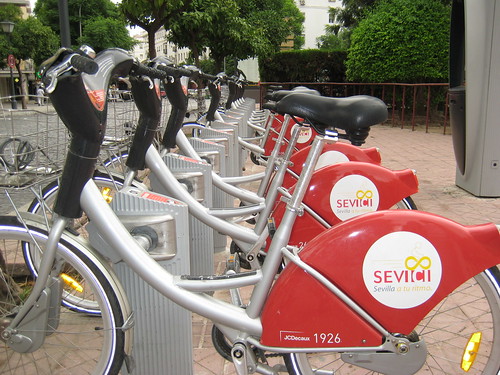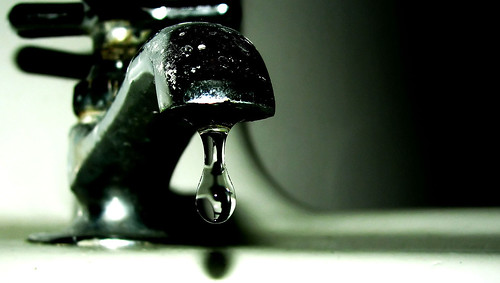-
Post-Olympics Beijing To Traffic: “Welcome Back!” : TreeHugger
Beijing will not extend its Olympics-time odd-even car restriction policy past its deadline of Sept. 20th, officials said this week, as the Paralympic Games drew to a close. Drivers will be “encouraged” instead to leave their car at home one day a week.
The return to Beijing’s traffic- and smog-heavy status quo will mark the end of what may have been the world’s largest pollution control experiment: a restriction on cars, factories and construction that lasted for two months and resulted in the clearest skies Beijing has seen in a decade and raised vehicle speeds 10 percent to 43 kph.
-
Climate Progress » Blog Archive » Is the financial crisis more dire than the climate crisis?
If there’s no action before 2012, that’s too late. What we do in the next two to three years will determine our future. This is the defining moment.
So warned IPCC head Rajendra Pachauri last fall when the IPCC released its major multi-year report synthesizing our understanding of climate science. And remember Pachauri was handpicked by the Bush administration to replace the “alarmist” Bob Watson. It’s the facts that make scientists alarmists, not their politics
-
BBC NEWS | Technology | Google and GE in energy deal
The internet giant Google has teamed up with technology multinational General Electric to develop a “smart” electric power grid and promote clean energy.






